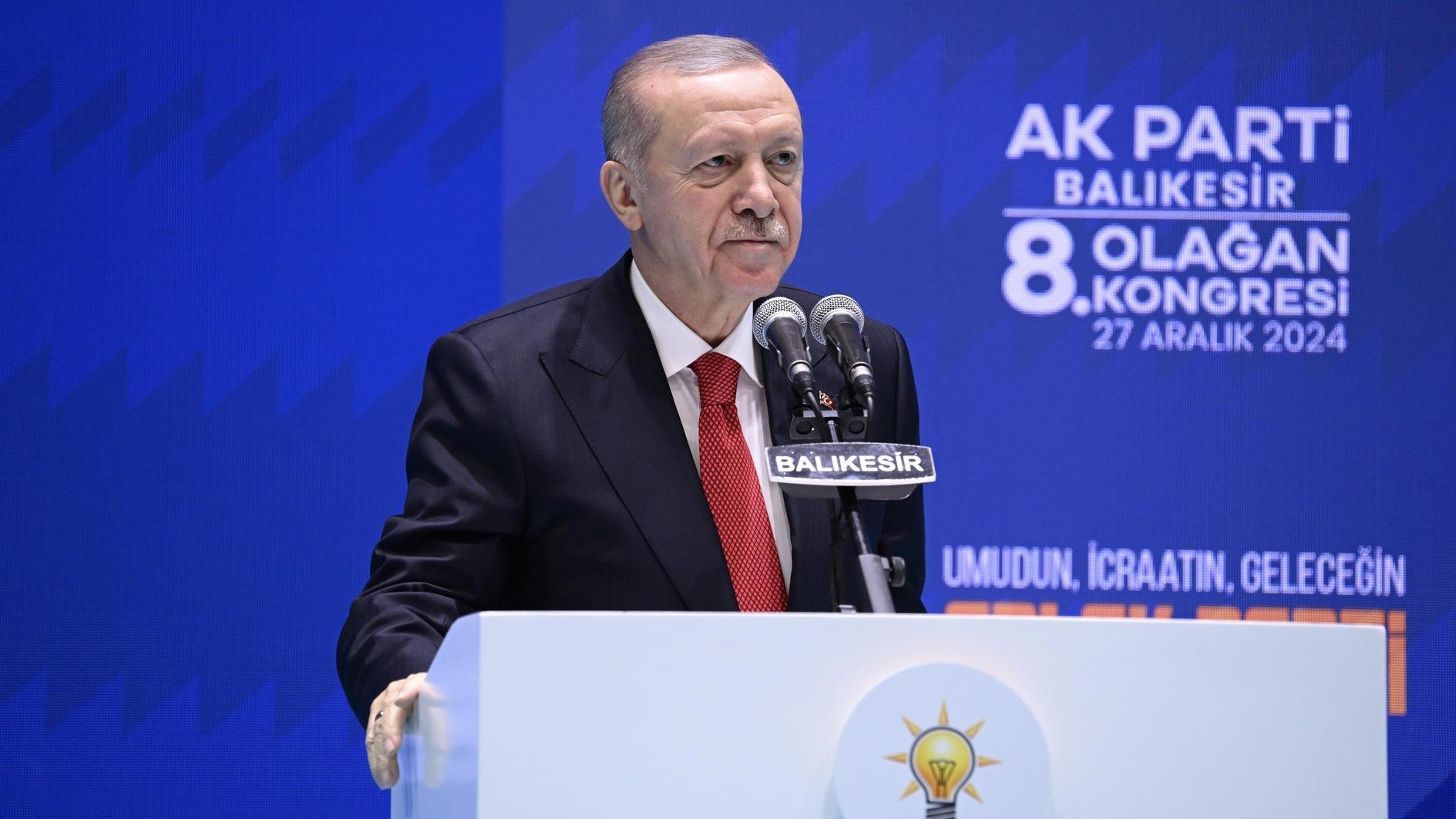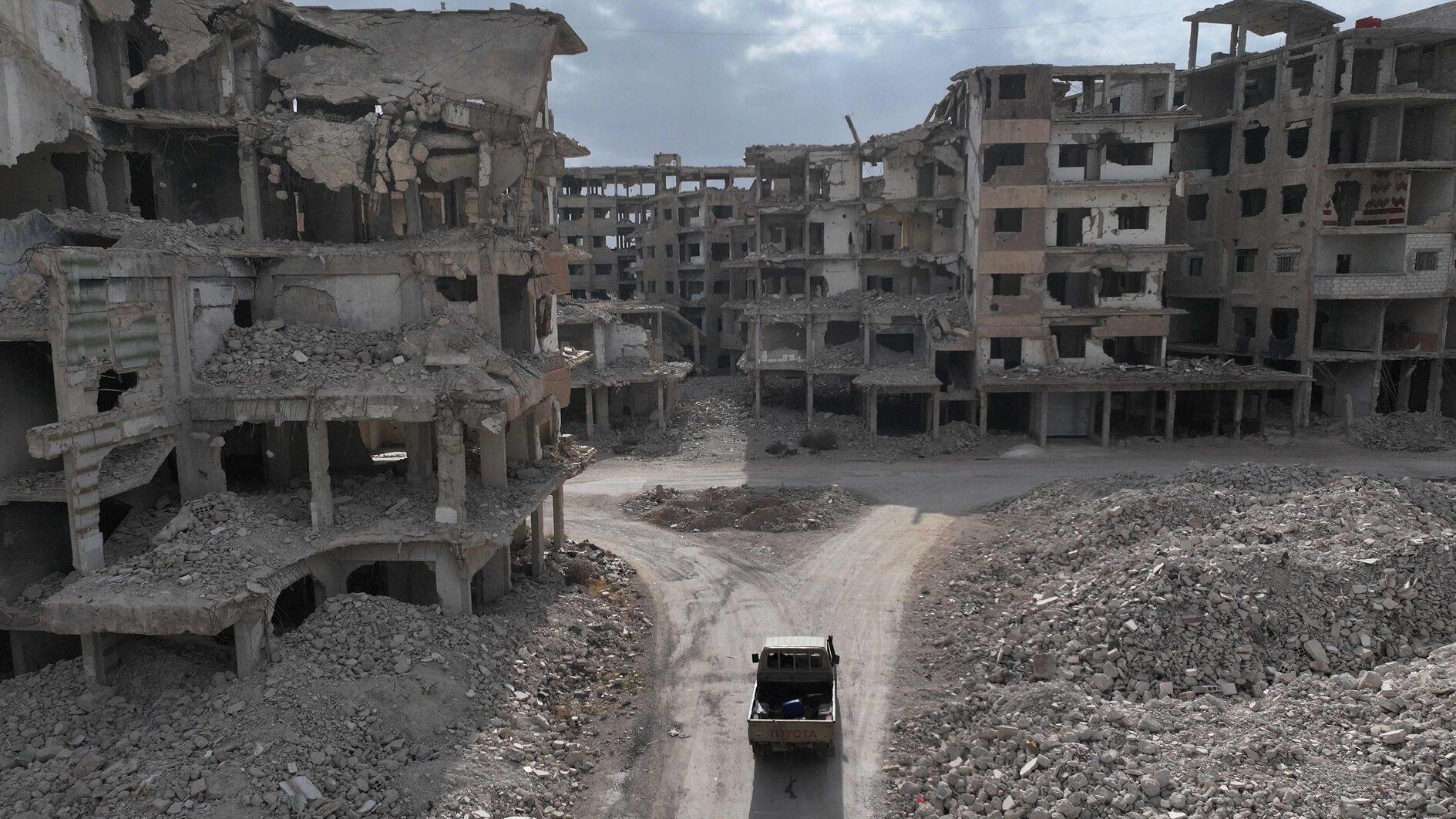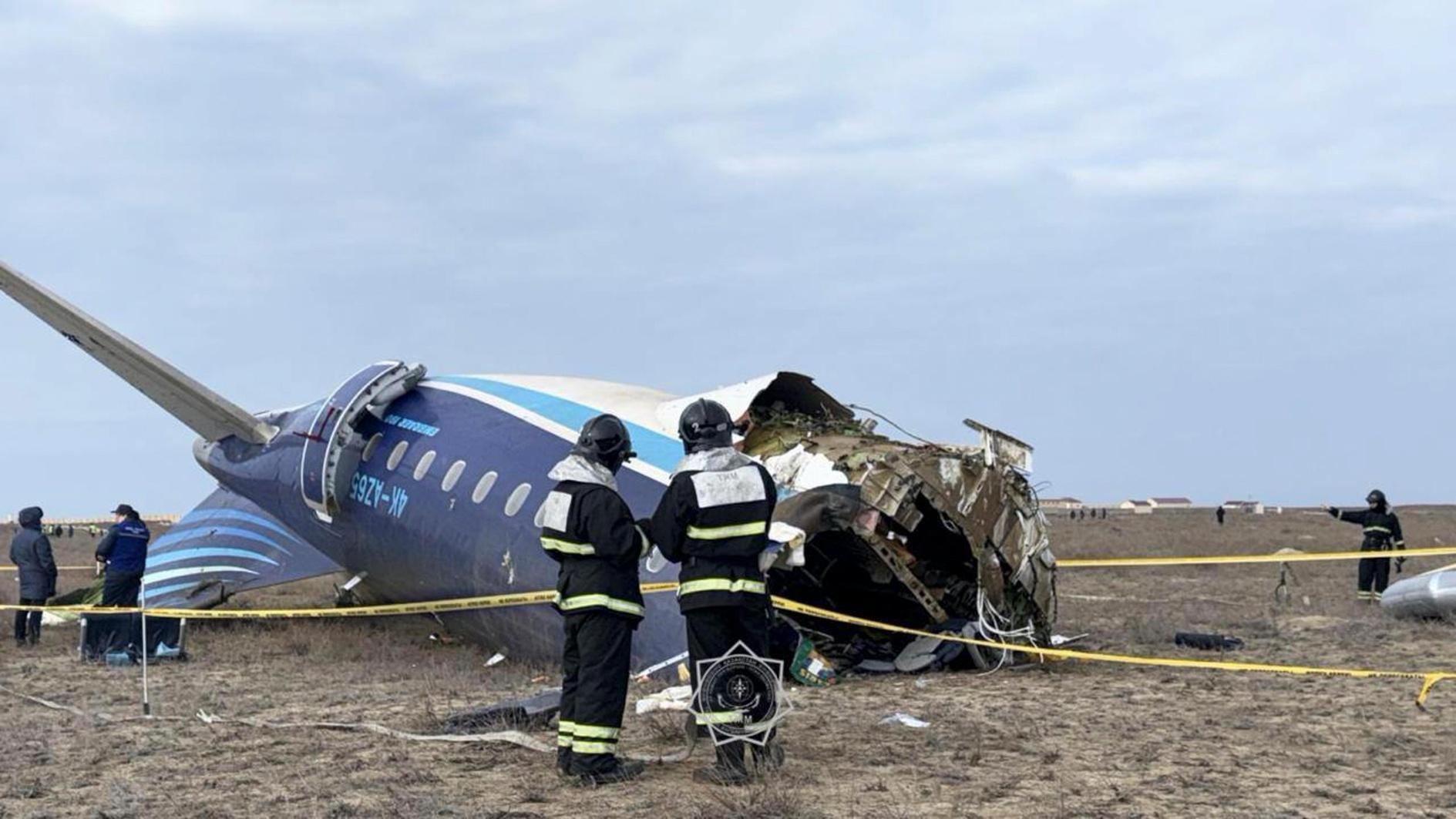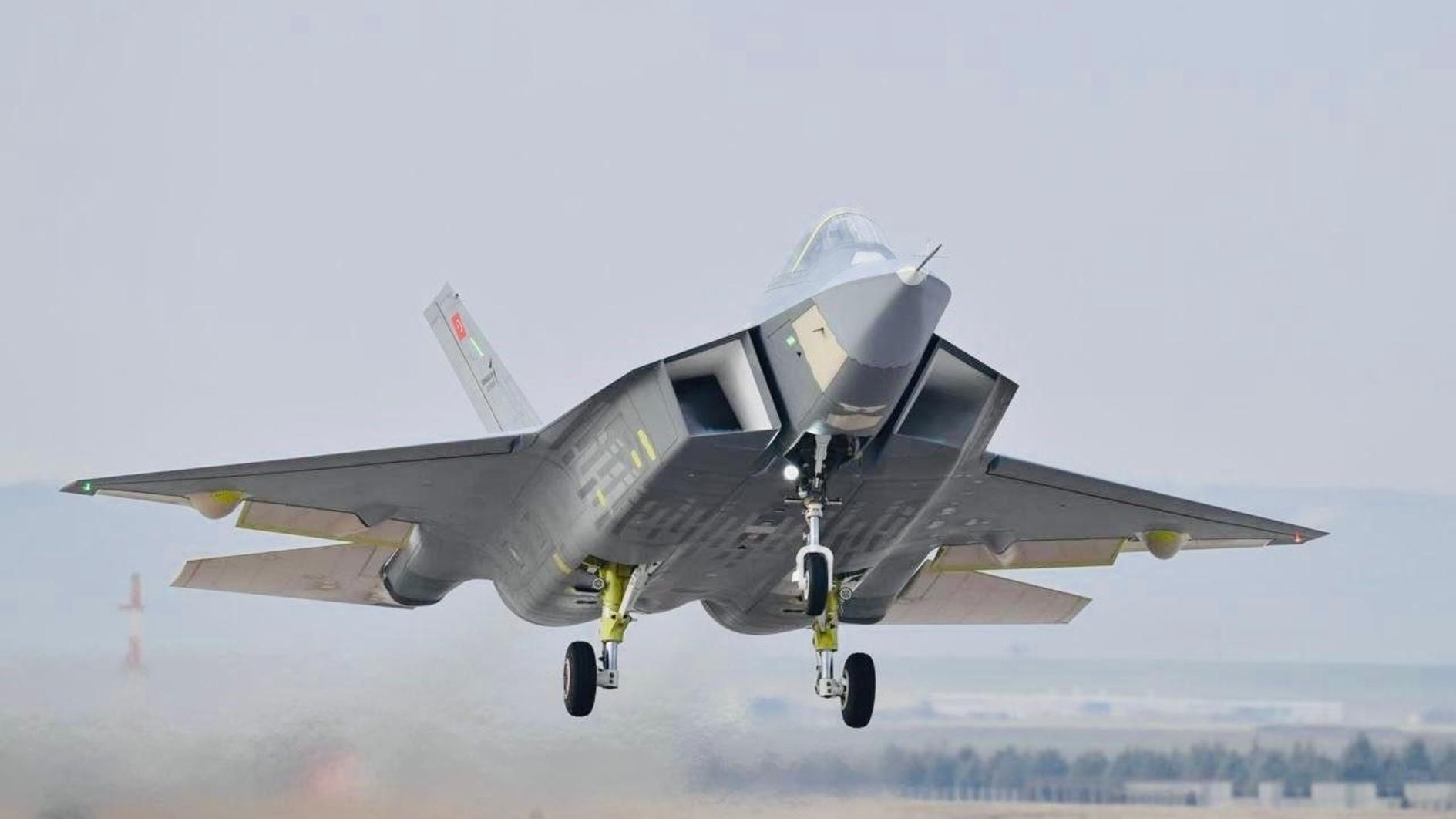Talking with the gang
An eminent Turkish journalist tweeted on Sept. 27: “Since the government has now begun talking about resuming talks [with the separatist Kurdistan Workers’ Party (PKK)] those pundits who previously transformed from doves into hawks may now start rolling like performing pigeons.”
A nice statement, which accurately reflects the mood in Turkey, isn’t it? It is indeed interesting to see some people adjusting themselves so rapidly and skillfully to the tunes coming from the flute of the government.
But it would be a great injustice to place everyone who supports the resumption of talks with the separatist gang in the same category. There are some who, for the sake of ending the bloodshed, are willing to support collaboration with or sell their souls to the devil. There are mothers and fathers who have a fire in their heart, who do not want other parents to go through the catastrophe of losing their beloved sons, and cry with all their voice “Enough. Do whatever you can to stop this bloodshed.”
There are also those who do believe that negotiations with the gang can be held, provided the gang lays down arms. Some argue, on the other hand, that since the aim of such talks ought to be to disarm the gang, why should the gang lay down its arms without first negotiating the terms of such an action?
Some people, like this writer, believe that talking with the gang about how to end the menace of terrorism is one thing, while the state undertaking its responsibility to fight terrorism is another. Yes, if non-military means are wanted in the fight against terrorism, then talking with the terrorists about the conditions under which the separatist terrorist campaign could be ended is one method, but there could still be no letup in anti-terrorism operations. The primary duty of the state is to protect its citizens against heinous attacks by terrorists.
Still, could it be possible to really discuss an end to such an egregious problem without the gang’s at least declaring a halt to its terrorist attacks, and the state, even if it does not make a formal announcement, applying some sort of a “no operations for some period of time” policy? How could such sensitive talks be started and continued while dozens of the sons and daughters of this land, in military uniform, in some terrorist outfit, or in civilian clothes are losing their lives every day? That is, if there is a need to discuss peace, there is a need to give the talks a chance to achieve peace by undertaking a declared or undeclared lull in the fighting.
But what might be discussed in those “clandestine” meetings between some state officials and the terrorists? How to solve the Kurdish problem? How to write a new constitution? Or who to elect in the presidential elections to be held in less than two years’ time? What to discuss with the terrorists? This is the key question.
The state, of course, could not and should not discuss how a new constitution should be written or describe a roadmap for a solution to the Kurdish problem. Nor could it discuss with the terrorists who should be the next president. The state should discuss terms for how the terrorists could lay down their arms and surrender to the state, and how they will be rehabilitated. Of course those responsible for heinous crimes must also give an account of their crimes before the courts. Aside from such developments, the state must also take meaningful steps toward satisfying the legitimate demands of its Kurdish population, and prepare society for an amnesty, which will be a necessity once the menace of terrorism comes to an end.











